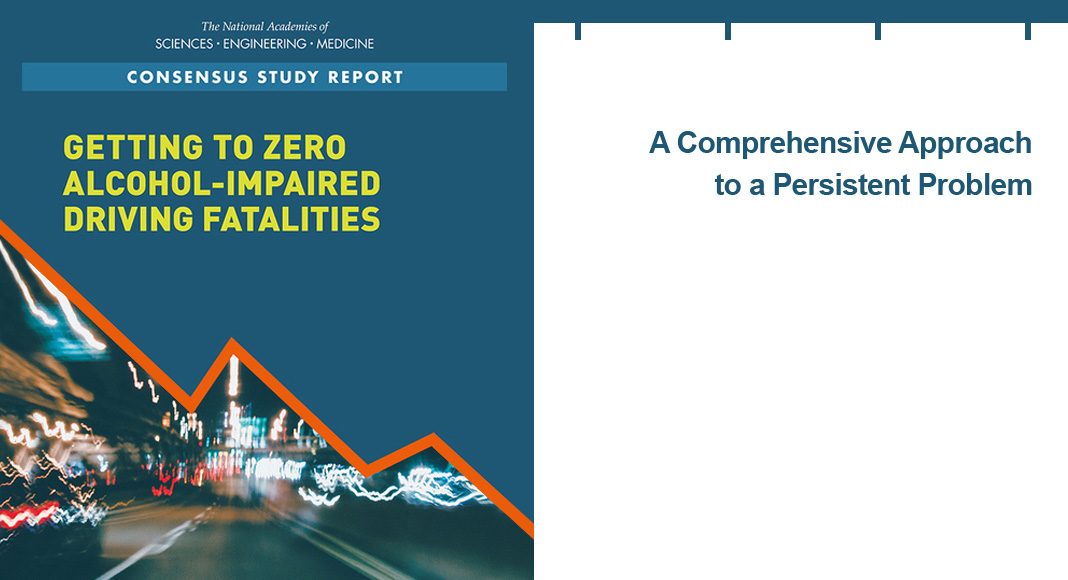Lower blood alcohol concentration (BAC) levels and installation of all-offender ignition locks are among the recommendations made by a new report that examines how drunk driving can be reduced.
In its report, the National Academies of Sciences, Engineering, and Medicine states that more than 10,000 alcohol-impaired driving fatalities occur each year in the U.S. To address the problem, it calls for stakeholders â including transportation systems, alcohol retailers and law enforcement â to work together to implement policies and systems. Lowering state laws to criminalize alcohol-impaired driving from 0.08% BAC to 0.05% BAC is one recommendation. Others include increasing alcohol taxes significantly, strengthening policies to prevent illegal alcohol sales to people under 21 and to already-intoxicated adults and providing effective treatment for offenders when needed.
âWhile getting to zero alcohol-impaired driving deaths sounds like an overly ambitious goal, it builds on the momentum of Vision Zero, an approach that recognizes that traffic-related fatalities are not just âaccidents,â but rather are embedded in a network of events and circumstances with causal links that can be averted,â said Steven Teutsch, chair of the committee that conducted the study. âThe plateauing fatality rates indicate that what has been done to decrease deaths from alcohol-impaired driving has been working but is no longer sufficient to reverse this growing public health problem. Our report offers a comprehensive blueprint to reinvigorate commitment and calls for systematic implementation of policies, programs, and systems changes to renew progress and save lives.â
In all 50 states, drivers 21 or older are prohibited from driving with a BAC at or above 0.08%. The committee found that an individualâs ability to operate a motor vehicle (including a motorcycle) begins to deteriorate at low BAC levels, increasing a driverâs risk of being in a crash. The report references studies from countries that have decreased their BAC laws to 0.05%, such as Austria, Denmark, and Japan, and proved this is an effective policy.



















